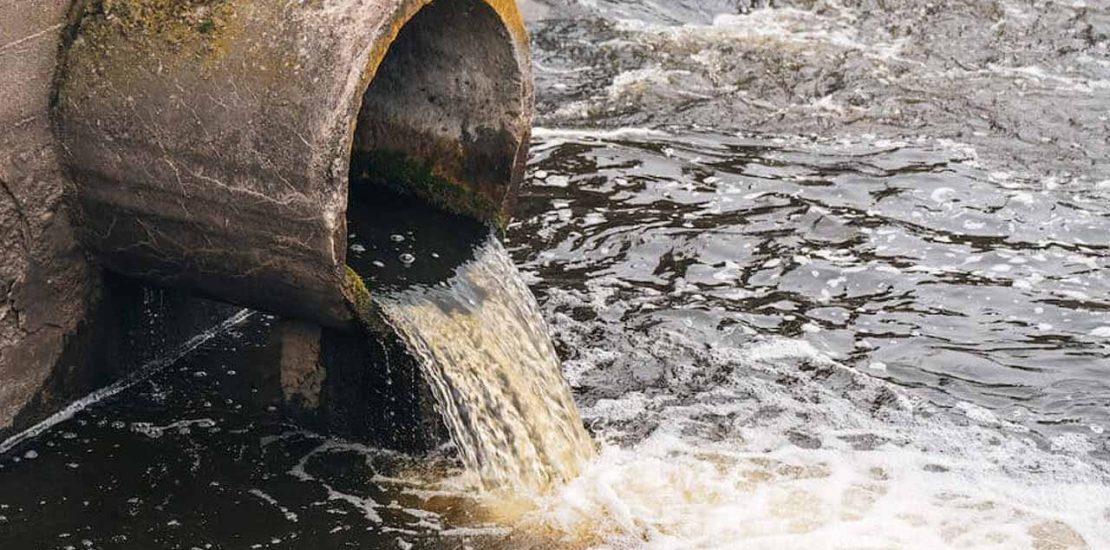New rules for urban waste water from the EU
- 14 November 2024
- Posted by: admin_acert
- Category: Newsfeed

The Council gave the final green light to the revised EU directive on urban waste water treatment. The revised directive extends the scope to smaller settlements, covers more pollutants, including micro-pollutants, and contributes to energy neutrality. The new rules are one of the key deliverables under the EU’s Zero Pollution Action Plan.
Under the revised directive, member states must collect and treat waste water from all settlements of more than 1,000 population equivalents – a measurement used to calculate urban waste water pollution – according to the minimum standards of EU (instead of the limit of 2,000 population equivalents provided for in the previous rules).
To better tackle pollution and prevent the discharge of untreated urban sewage into the environment, all settlements between 1,000 and 2,000 population equivalents must be equipped with collection systems and all sources of domestic sewage must be connected to these systems by 2035.
For these settlements, by 2035 Member States will have to remove biodegradable organic matter from urban waste water (secondary treatment) before discharging it into the environment. Derogations will apply to Member States where the coverage of collection systems is very low and therefore significant investment will be required. Member States that joined the EU more recently and have already made more recent significant investments to implement the current directive (eg Romania, Bulgaria and Croatia) can also benefit from derogations.
By 2039, nitrogen and phosphorus removal (tertiary treatment) will be mandatory for urban waste water treatment plants treating urban waste water with a load of 150 000 population equivalents or more. For these urban wastewater treatment plants, by 2045 Member States will have to implement an additional treatment to remove micropollutants, known as quaternary treatment.
Producers of pharmaceuticals and cosmetics – the main source of micropollutants in urban wastewater – should contribute at least 80% of the additional costs for quaternary treatment, through an extended producer responsibility (EPR) scheme and according to the polluter pays principle».
The urban wastewater treatment sector could play a key role in reducing greenhouse gas emissions and helping the EU achieve its climate neutrality goal. The new rules introduce an energy neutrality target, meaning that by 2045 urban wastewater treatment facilities treating a load of 10,000 population equivalents or more will have to use renewable energy produced by the respective facilities.
